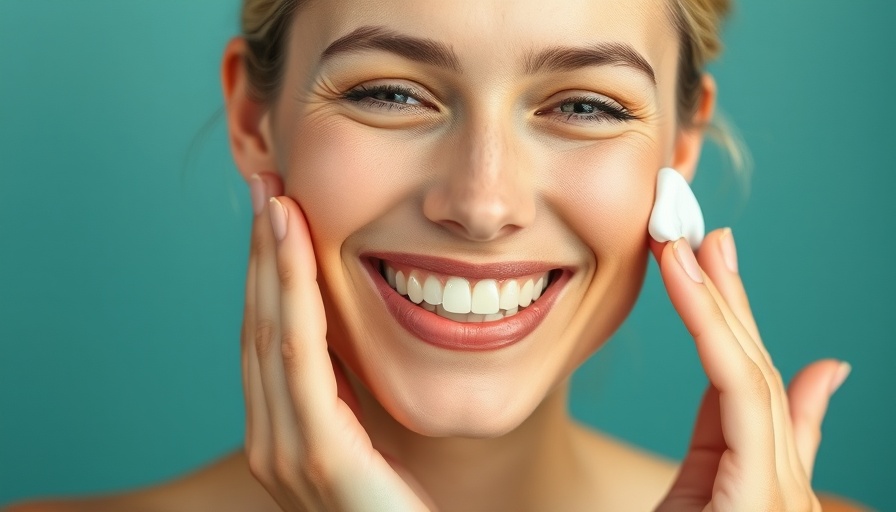
Unearth the Power of Sea Buckthorn: Nature’s Secret for Skin Health
As waves of natural beauty trends rise, sea buckthorn has emerged as a luminous star in skincare circles. Beloved for its vibrant orange berries, this ancient remedy claims to hydrate, heal, and rejuvenate. But what does the science say? Can sea buckthorn truly revolutionize our skincare routines?
Meet Sea Buckthorn: A Historical Ally for Skin
Hippophae rhamnoides, commonly known as sea buckthorn, is a resilient shrub thriving in the colder climates of Europe and Asia. Historically used in traditional medicine, its berries have treated wounds and burns for centuries. Containing a powerful mix of vitamins, omega fatty acids, and antioxidants, sea buckthorn is being hailed as a must-have in modern skincare.
What Are the Proven Benefits of Sea Buckthorn for Skin?
The ingredient's popularity hinges on its scientifically-supported benefits:
Sebum Regulation: Research indicates that a 1% sea buckthorn cream can reduce excess oil, making it a potential ally for those with oily skin types.
Wound Healing: Beyond its folk remedies, *sea buckthorn’s* unique components are believed to speed up tissue regeneration and minimize scarring.
Hydration Champion: Sea buckthorn oil is rich in fatty acids that bolster the skin's natural barrier, promoting moisture retention and elasticity.
The Rich Nutritional Profile of Sea Buckthorn
What makes sea buckthorn stand out? Its nutrient-rich profile! Each berry is loaded with:
Vitamins A, C, and E: Powerful antioxidants that help combat skin aging.
Omega Fatty Acids: These essential fatty acids—including the rare omega-7—assist in skin repair and hydration.
Carotenoids: These vibrant compounds support skin pigmentation and overall health.
Common Misconceptions Surrounding Sea Buckthorn
Despite its acclaim, myths abound about sea buckthorn's efficacy. For example, while traditional uses are promising, the scientific validation varies. Some benefits, like reducing *eczema and acne*, are recognized, but studies are still limited. Users must approach *sea buckthorn* with an open yet critical mindset.
Taking Action: Is Sea Buckthorn Right for You?
Integrating sea buckthorn into your skincare regimen may offer transformative effects, but it’s crucial to choose the right product formulations. Look for items high in sea buckthorn oil, whether it’s in serums, moisturizers, or dedicated oils. Always perform a patch test, especially for those with sensitive skin.
Why Eco-Conscious Consumers Love Sea Buckthorn
For environmentally-aware beauty lovers, sea buckthorn signifies more than just skincare; it embodies sustainable practices and natural healing. The popularity of this ingredient aligns beautifully with the emerging trend of eco-friendly beauty solutions.
Conclusion: Embrace the Beauty of Sea Buckthorn
In conclusion, *sea buckthorn* has much to offer. From improving your skin’s texture to minimizing irregular pigmentation, the potential for enhancing skincare is vast. Ready to embrace the benefits of this ancient remedy? Consider incorporating sea buckthorn oil into your routine for a natural glow!
If you’re curious to learn more about natural ingredients and their health impact, keep exploring! Seek products that highlight transparency in their ingredients and make conscious choices that align with your values.
#seabuckthorn, #skincare, #naturalbeauty, #skinhealth, #omega7
 Add Row
Add Row  Add
Add 




Write A Comment